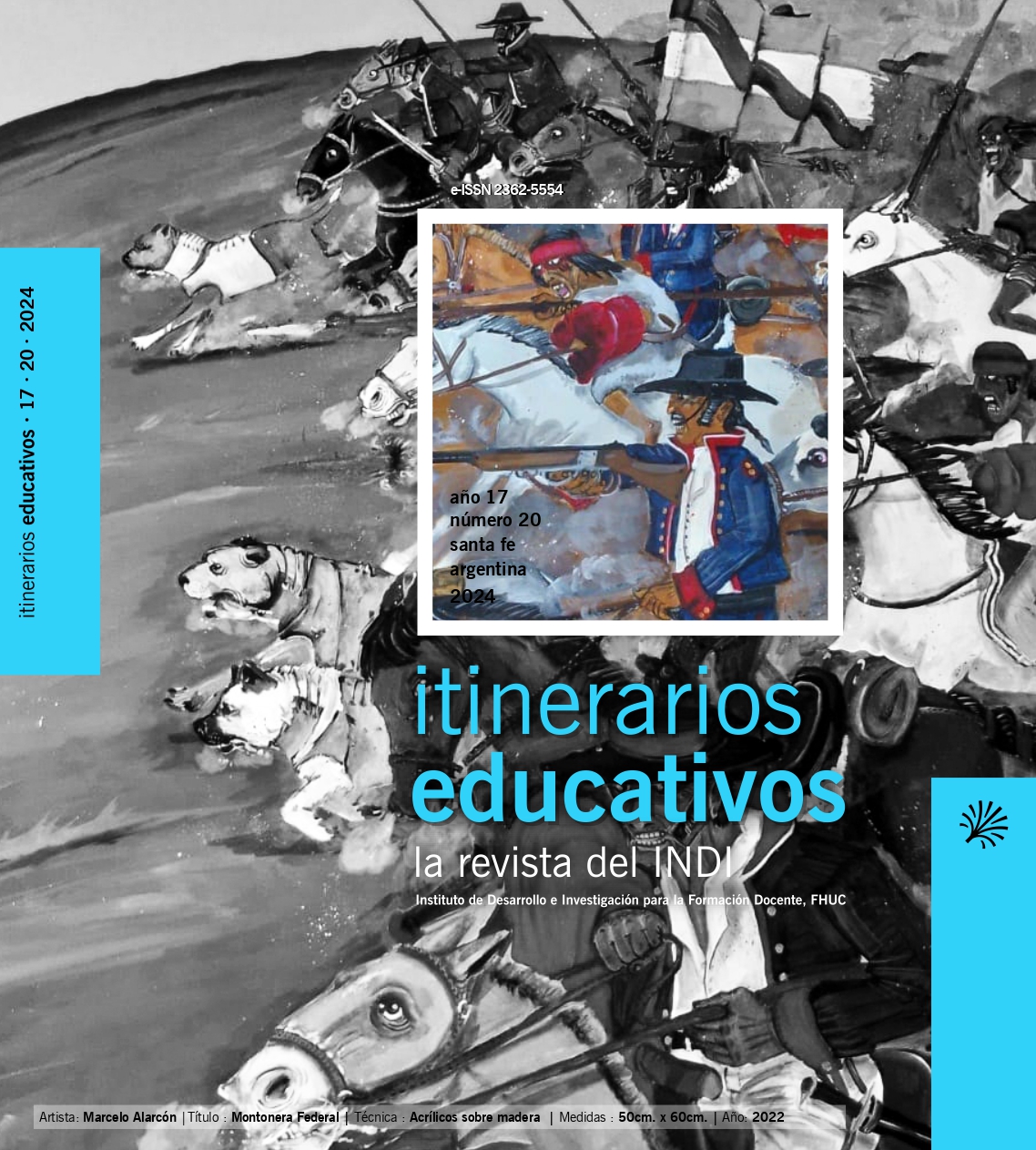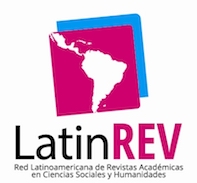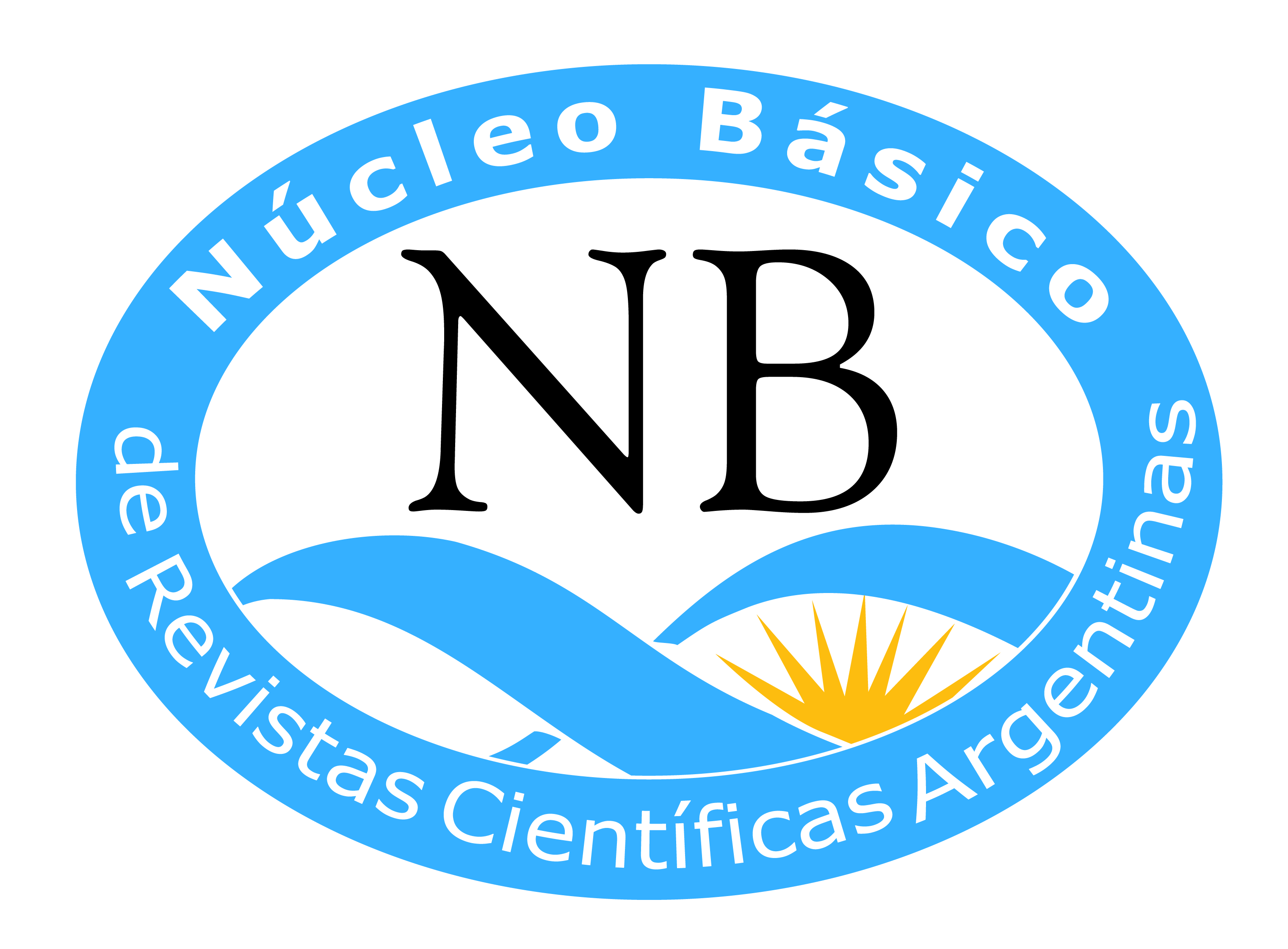The socioeconomic inequality of households and the process of pedagogical continuity in times of confinement. Argentine Northwest. year 2020
Noroeste Argentino. Año 2020
DOI:
https://doi.org/10.14409/ie.2024.20.e0065Keywords:
confinement, NOA, inequality, pedagogical continuityAbstract
The purpose of this communication is to analyze the relationship between socioeconomic inequality and the pedagogical continuity process through a descriptive–comparative study that has two databases as a source of information: 1) the National Evaluation of the Pedagogical Continuity Process, surveyed in July 2020, by the Ministry of Education of the Nation, through the Secretariat of Educational Evaluation and Information; and 2) the Household Survey, carried out between June 18 and July 3, 2020, by the National Ministry of Education in conjunction with the UNICEF Argentina Education Program. For data processing, the Statistical Package for the Social Sciences (SPSS) program was used, with which filters were applied to select the geographical area that interests the investigation, frequencies and crossings of the data that will be analyzed. The results reveal that the schools of the NOA register high levels of pedagogical continuity. However, the availability of technological resources mainly affected households with high socioeconomic vulnerability.
References
Braslavsky, C. (1985–2019). La discriminación educativa en Argentina. UNIPE: Editorial Universitaria.
CEPAL (2016). La matriz de la desigualdad social en América Latina. Naciones Unidas. Santo Domingo https://www.cepal.org/sites/default/files/events/files/matriz_de_la_desigualdad.pdf
Díez Gutiérrez, E. y Gajardo Espinoza, K. (2021). Repensar la educación online durante el confinamiento: la visión de las familias de Castilla y León. Investigación en Educación, vol. 19, 25–41. https://acortar.link/rIKTOy
Dussel, I. (2004). Desigualdades sociales y desigualdades escolares en la Argentina de hoy. Algunas. FLACSO–Argentina, 1–21.
Fernández Sánchez, M. J.; Pérez Vera, L. y Sánchez Herrera, S. (2021). Escuela pública y COVID–19: dificultades sociofamiliares de educación en confinamiento. Publicaciones, 51(3), 463–479. https://acortar.link/Xzpnc3
Fernández Río, J. (2020). Familias y Docentes: Garantes del Aprendizaje durante el Confinamiento. Revista Internacional de Educación para la Justicia Social, 9(3), 353–370. https://acortar.link/K8Oio0
Giovine, R.; Martignoni, L. y Correa, N. (2019). Estado, escuelas secundarias y organizaciones sociales: una trama socioeducativa para la inclusión de jóvenes en la Provincia de Buenos Aires (Argentina). Práxis Educativa (Brasil), 14(2), 432–450.
https://doi.org/10.5212/PraxEduc.v.14n2.002
Giovine, R.; Garino, D. y Correa, N. (2023). Políticas y tramas interactorales en pandemia:
acompañamiento y revinculación de estudiantes secundarios en las provincias de Neuquén y Buenos Aires. Espacios en blanco. Revista de Educación, vol. 33(1), 75–90 https://doi.org/10.37177/UNICEN/EB33-360
Grinberg, S. y Giovine, R. (2020). Políticas educativas y territorios. Espacios en Blanco. Revista de Educación, vol. 2, (30). 307–311 https://doi.org/10.37177/UNICEN/EB30-279
Grinberg, S. (dir.) et al. (2022). Silencios que gritan en la escuela. Dispositivos, espacio urbano y desigualdades (pp.13–25). CLACSO.
Haesbaert, R. (2004). El mito de la desterritorialización. Del fin de los territorios a la multiterritorialidad. Río de Janeiro: Bertrand Brasil.
Haesbaert, R. (2021). Território e descolonialidade: sobre o giro (multi)territorial/de(s)colonial na América Latina. Ciudad Autónoma de Buenos Aires: CLACSO.
Hortigüela Alcalá, D.; Pérez Pueyo, Á.; López Aguado, M.; Manso Ayuso, J. y Fernández Río, J. (2020). Familias y Docentes: Garantes del Aprendizaje durante el Confinamiento. Revista Internacional de Educación para la Justicia Social, 353–370.
Kessler, G. (2014). Controversias sobre la desigualdad. Buenos Aires: Fondo de Cultura
Económica.
Kruger, N. (2015). Más allá del acceso: segregación social e inequidad en el sistema educativo argentino. Cuadernos de Economía, 33(63), 513–542.
López–Chávez, V. H. (2020). Desigualdades territoriales e interseccionalidad: análisis del contexto cubano 2008–2018. La Habana. Publicaciones Acuario FLACSO–Cuba.
Mançano Fernandes, B. (2009). Territorio, teoría y política. En Calderón, Georgina y Efraín León (Coord.). Descubriendo la espacialidad social en América Latina (pp. 35–66). Bogotá: Editorial Pontificia Universidad Javeriana.
Muñoz Moreno, J. L. y Lluch Molins, L. (2020). Educación y Covid–19: Colaboración de las Familias y Tareas Escolares. Revista Internacional de Educación para la Justicia Social, 1–17.
Nivela Cornejo, M.; Molina Villacís, C. y Campos Vera, R. (2020). El rol de la familia en la educación en casa durante el confinamiento. E–IDEA, 2(6), 18–23. https://acortar.link/es5tl2
Pérez Vera, L.; Durán Vinagre, M. Á.; Paredes Espinosa, A. y Sánchez Herrera, S. (2021). ¿Cómo han afrontado las familias de estudiantes de educación primaria las tareas escolares en el confinamiento de COVID–19? INFAD Revista de Psicología, 1(1), 51–58. https://acortar.link/Vml3kG
Reimers, F. (2000). Educación, desigualdad y opciones de política en América Latina en el siglo XXI. Revista Latinoamericana de Estudios Educativos, 11–42.
Secretaría de Evaluación e Información Educativa, M. d. (Agosto 2020). Informe Preliminar Encuesta a Docentes. Continuidad pedagógica en el marco del aislamiento por COVID–19. Buenos Aires: Ministerio de Educación de la Nación.
Secretaría de Evaluación e Información Educativa, M. d. (Julio de 2020). Informe Preliminar Encuesta a Equipos Directivos. Continuidad pedagógica en el marco del aislamiento por COVID–19. Buenos Aires: Ministerio de Educación de la Nación.
Serrano Díaz, N.; Aragón Mendizábal, E. y Mérida Serrano, R. (2022). Percepción de las familias sobre el desempeño escolar durante el confinamiento por COVID–19. Revista Científica de Educomunicación, 59–68.
Steinberg, C.; Centrángolo y Gatto, F. (2011). Desigualdades territoriales en la Argentina. Insumos para el planeamiento estratégico del sector educativo. Santiago de Chile, CEPAL. https://hdl.handle.net/11362/3853
Tiramonti, G. (2004). La trama de la desigualdad educativa: Mutaciones recientes en la escuela media. Manantial.
Tua, A. (2021). Corresponsabilidad de los Padres en el Proceso Educativo de sus Hijos Durante el Confinamiento por Covid–19. Educare, 30, 256–278. https://acortar.link/iqAD50
Downloads
Published
How to Cite
Issue
Section
License
Those authors who have publications with this magazine, accept the following terms:
The authors will retain their copyright and guarantee the journal the right of first publication of their work,
which will be simultaneously subject to the Creative Commons Recognition License that allows third parties to share
the work whenever its author and first publication this magazine.
Authors may adopt other non-exclusive licensing agreements for the distribution of the published work (eg, deposit
it in an institutional telematic file or publish it in a monographic volume) whenever the initial publication in this
journal is indicated.
Authors are allowed and advised to disseminate their work through the Internet (eg, in institutional telematic files
or on their website) before and during the submission process, which can produce interesting exchanges and increase
citations of the published work. (See The effect of open access).
















